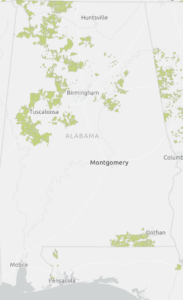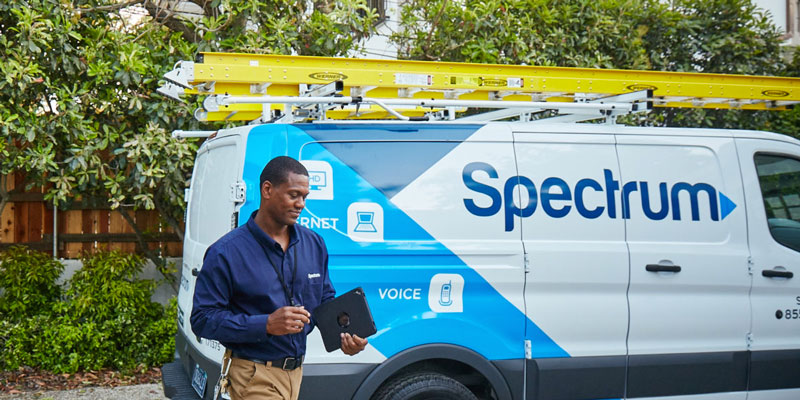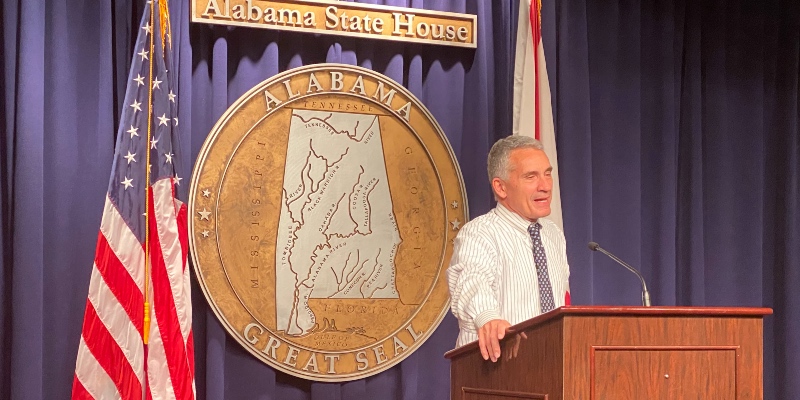Thursday, Charter Communications publicized a large expansion of the areas in Alabama to which it will supply high-speed internet service.
As part of the FCC’s Rural Digital Opportunity Fund (RDOF), a reverse auction of areas in the United States with poor internet, Charter bid on and won the right to provide service to an estimated 56,000 homes and small businesses in multiple rural regions of Alabama.
The company says its investment in Alabama will amount to $226 million, with $51 million of that total coming from the FCC subsidy Charter earned via the RDOF.
According to Charter, the speeds provided to customers in the new areas it plans to serve will be the premium gigabit-speed broadband with no caps on how much data can be used. Speeds will start around 200 Mbps.
More than $330 million is coming to Alabama in broadband internet access subsidies as part of the RDOF. More information on that can be accessed here.
A map of the areas in Alabama where Charter will begin providing broadband in the upcoming years is made possible by Cooperative Network Services.

Charter emphasized in a release that it will be providing service in Greene and Hale Counties, two counties in the Black Belt region of Alabama with some of the lowest rates of internet connectivity.
“I applaud Charter’s investment in high-speed broadband deployment in Greene and Hale counties within the Black Belt region,” said U.S. Rep. Terri Sewell (D-Birmingham) in a release provided by Charter.
“Broadband internet access is one of the most critical issues facing so many rural communities during this pandemic, particularly for those working from home and in need of telehealth service,” she noted.
Charter says the speed it builds its network in the areas it has committed to serve will depend on a number of factors, especially utility pole access.
“The timely execution and potential reach of the buildout are dependent on several external factors, including the utility pole permitting and ‘make-ready’ processes. With fewer homes and businesses in these areas, broadband providers need to access multiple poles for every new home served,” relayed Charter.
Tom Rutledge, chairman and CEO of Charter Communications, added, “The stronger collaboration we have among broadband providers, state regulators, pole owners and utility companies, the faster we can connect these communities with high-speed internet services. We look forward to working with local municipalities, electric cooperatives, and investor-owned utilities to ensure that permits are obtained in a timely, fair and cost-effective fashion.”
As required by the FCC as part of the conditions of the RDOF, Charter must provide access to a large swath of locations they have promised to serve within six years.
“The pandemic has highlighted the need for broadband availability and adoption and Charter is committed to furthering its efforts as part of the comprehensive solution needed to address these challenges and positively impact the local communities we serve,” Rutledge said in a statement.
RELATED: Alabama Power hailed as national model for innovative broadband partnerships, expansion efforts
Henry Thornton is a staff writer for Yellowhammer News. You can contact him by email: [email protected] or on Twitter @HenryThornton95.













